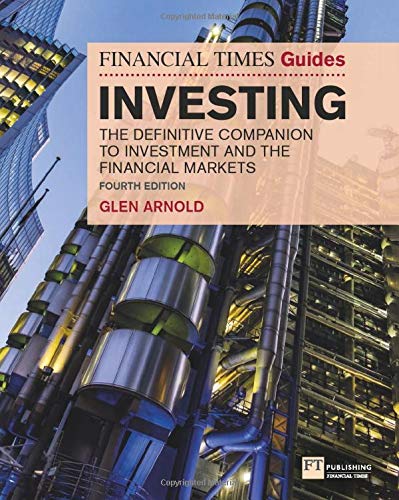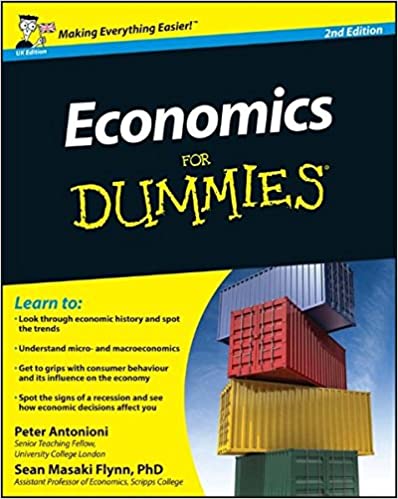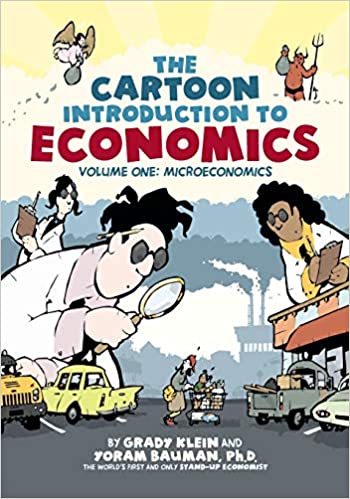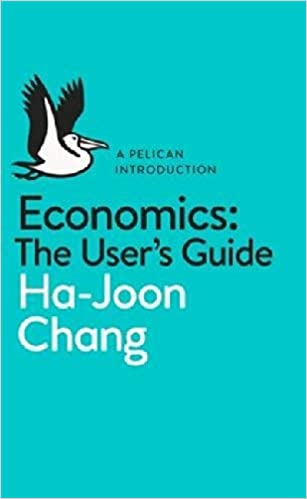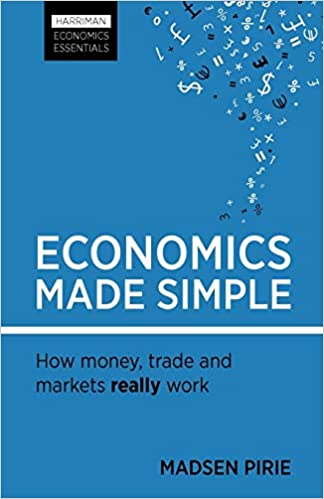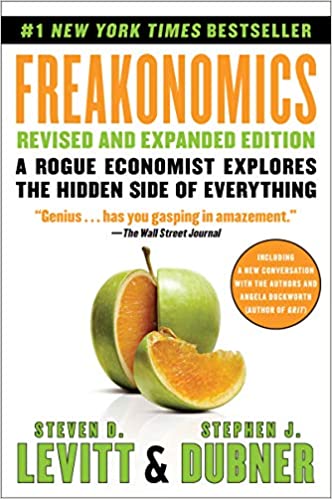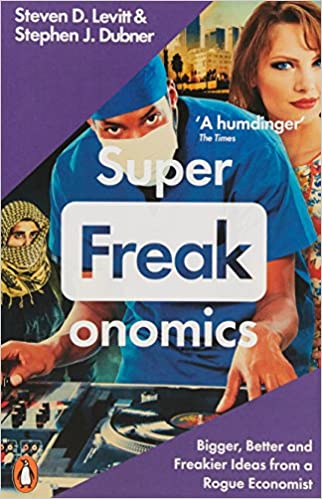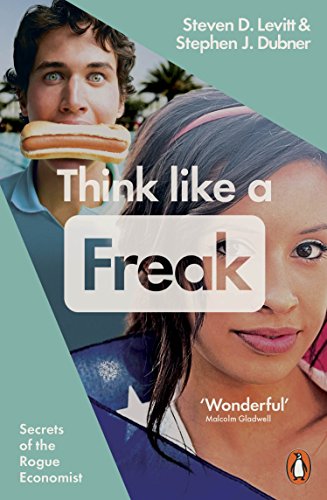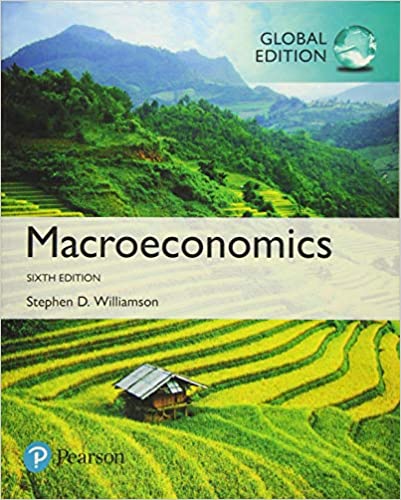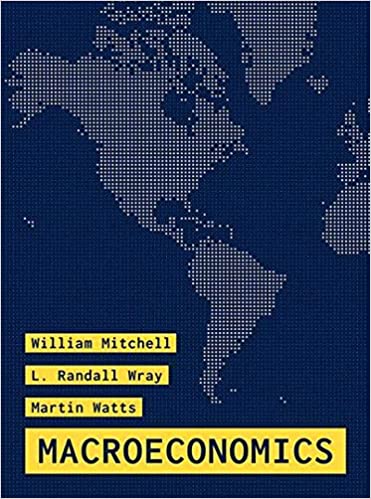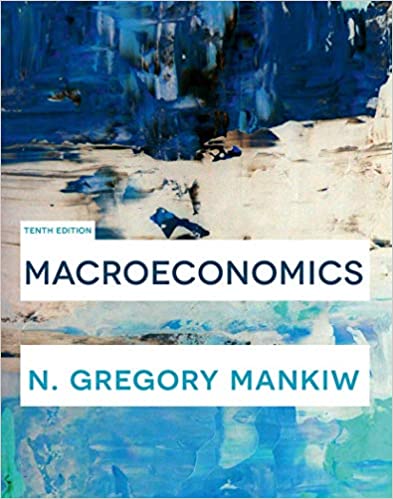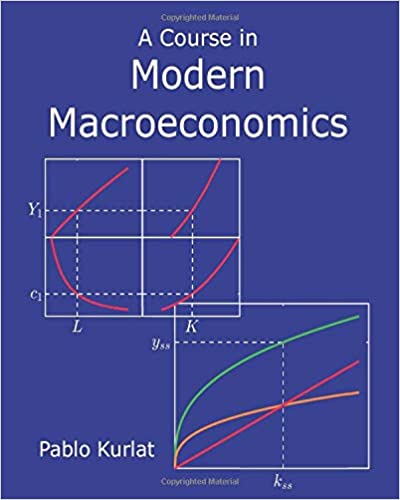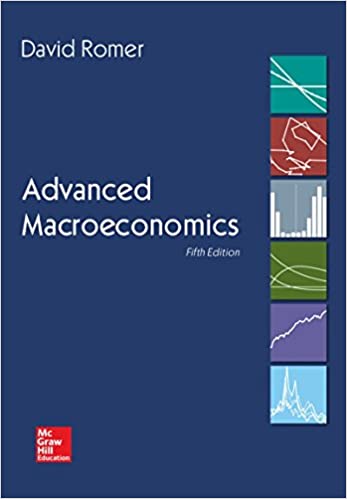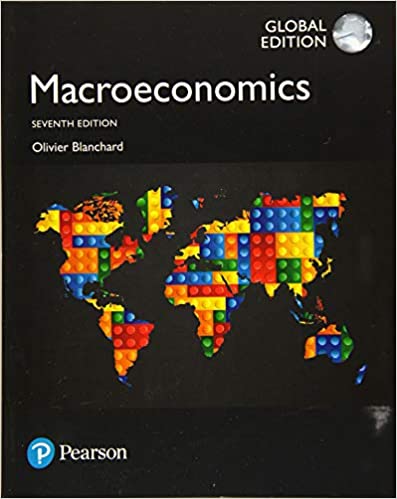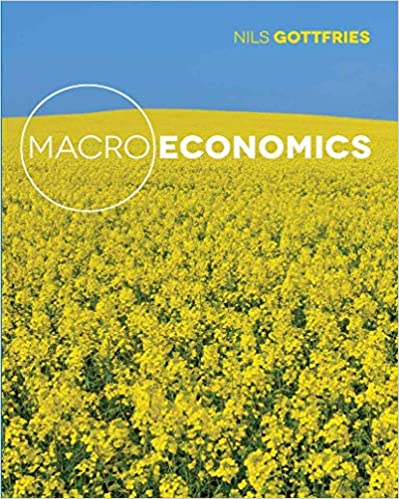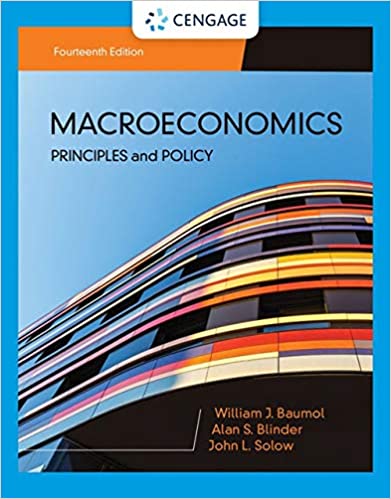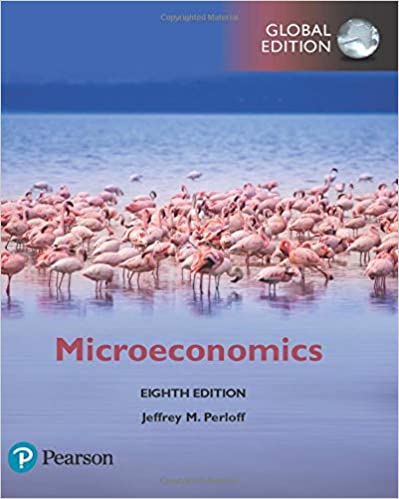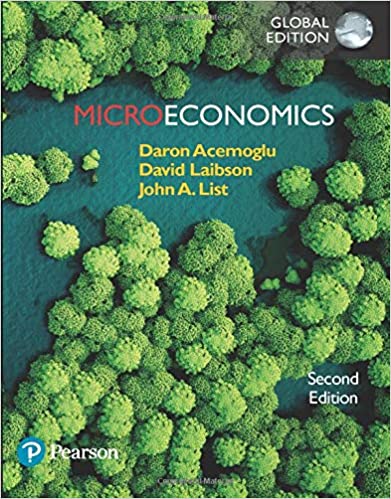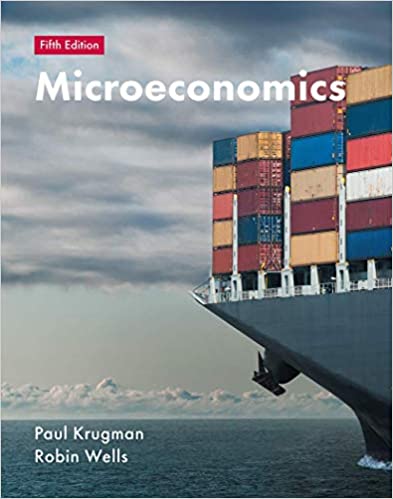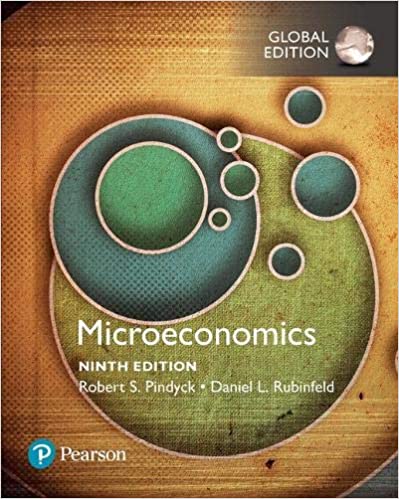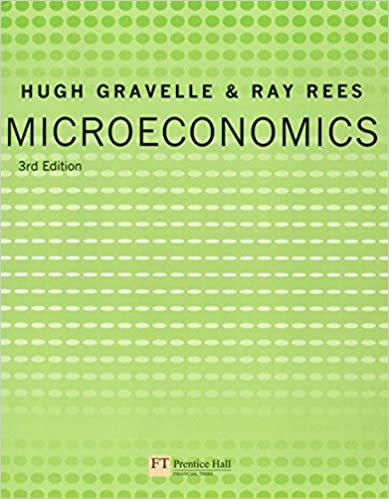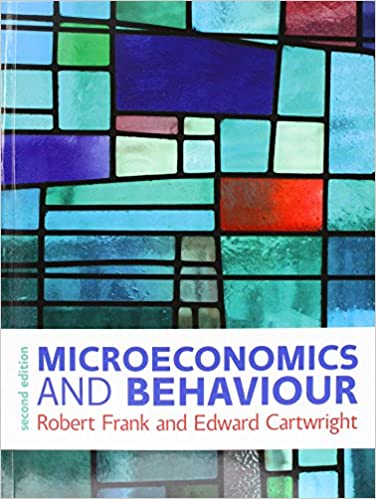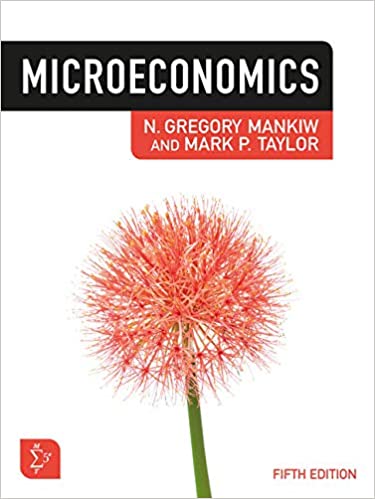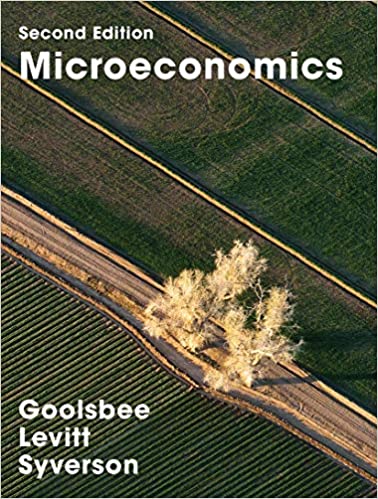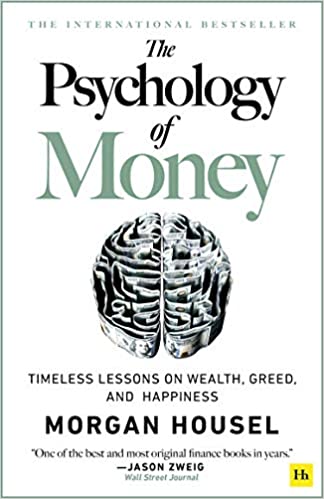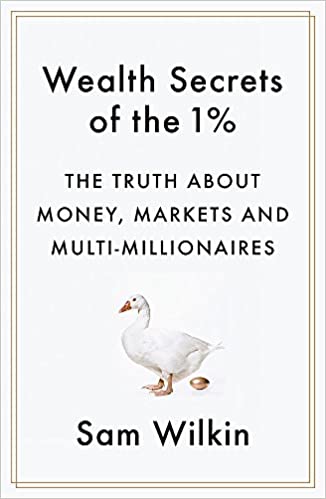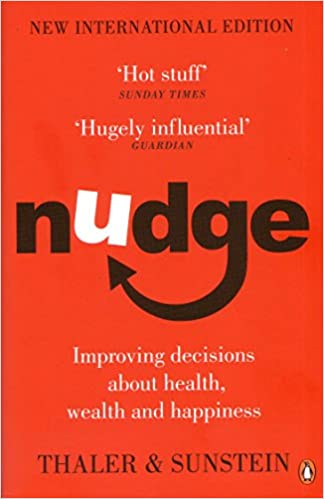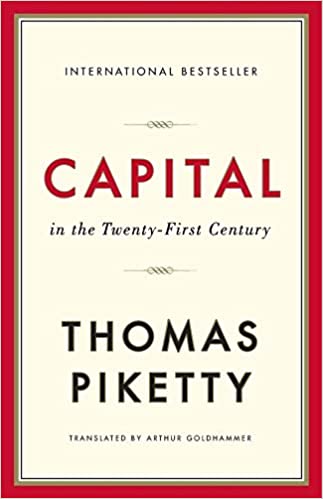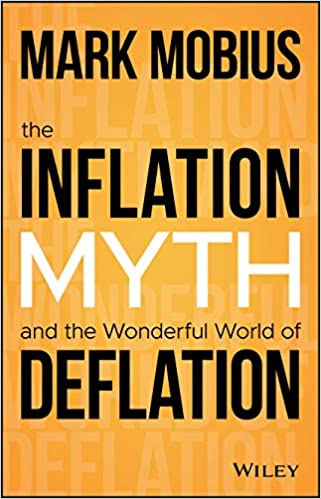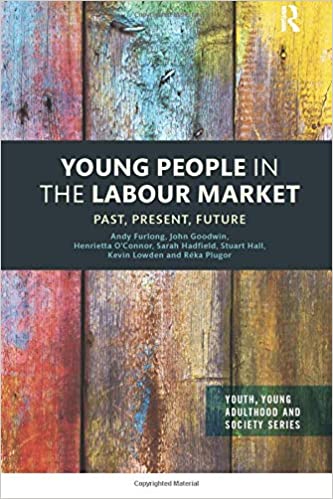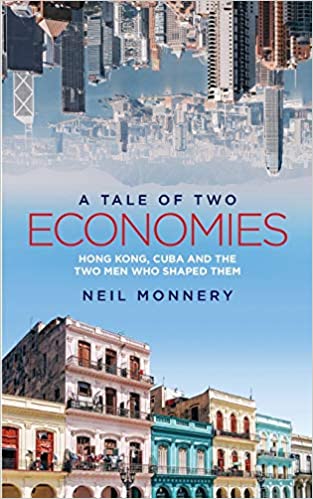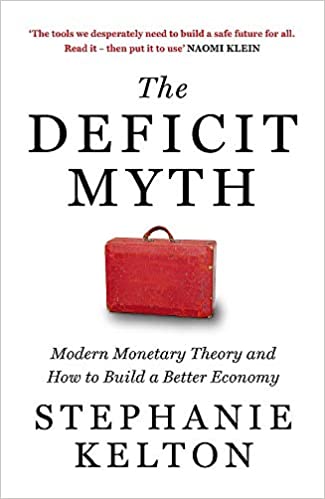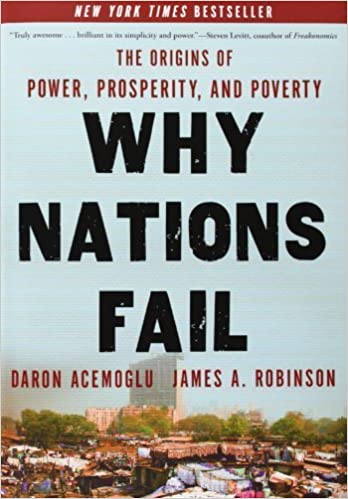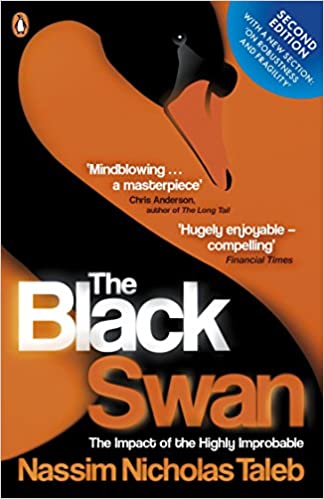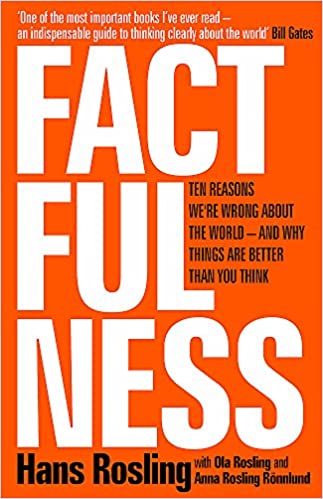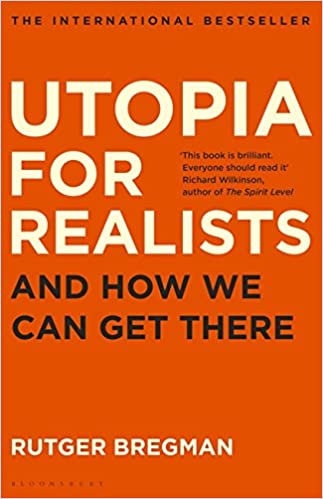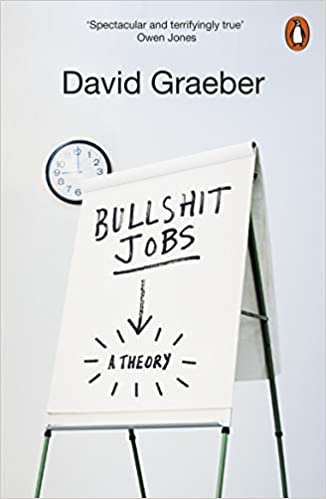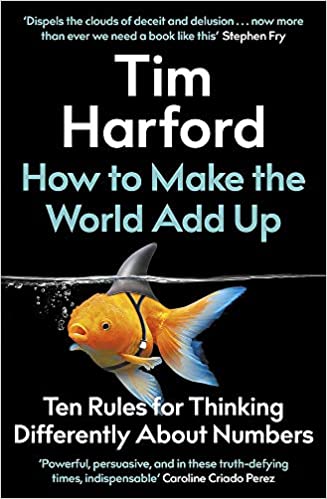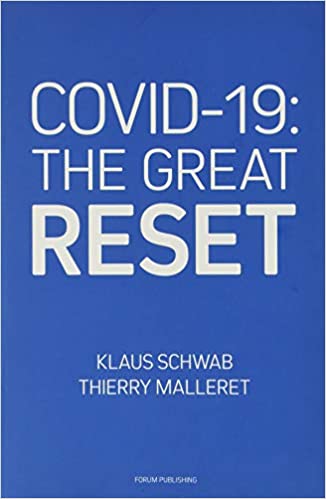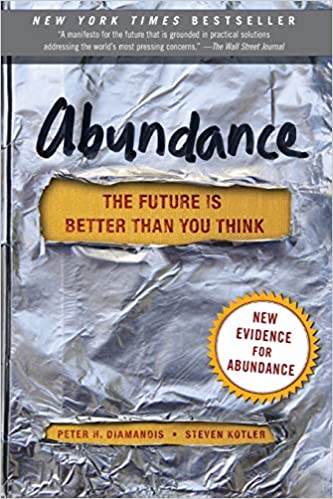Last updated: 20 December 2021. Here's our opinion on the best economics books in the world. We've grouped them by sub-genre to help you find the best economics book to cater to your interest and level of knowledge.
Are you intrigued by financial markets? Are you curious as to how the world manages to divide up its precious and scarce resources across a population of 7 billion? Do you want to learn more about why Monopolies hold such a tight grip on important markets? Books and textbooks about economics can help you understand all of this and much, much more.
Economics is a topic which will only get more important as global economies connect, as more and more of our goods and services are produced by capital, rather than labour, and as demographic and climate trends continue to nudge our behaviour in different directions. There has never been a boring time to begin reading economics books, but it's never felt more relevant than now.
Find our shortlists of the best economics books below
Every title featured on this page is suitable for new learners, unless I indicate otherwise. Prices range from £8 (paperbacks) to upwards of £70 (economics textbooks), however please remember that physical textbooks can be resold which will allow you to recoup 30% - 80% of the purchase price depending on the title.
Most books can be read for free for a short while with Amazon's Kindle Unlimited free trial.
Click on any title below to see the latest price from Amazon, you'll be shocked at how affordable the most popular titles are. As an Amazon Associate, I earn a small commission from qualifying purchases which helps to support this site. This does not impact how I compile the list. Happy reading!
Discover prime books on investing and finance
No boundaries, just your curiosity- Invest with confidence
- Finance industries
- Real estate & real assets
- Exotic investments
- The bigger picture
Books reviewed
Financial Expert 2024 Book Awards
Gold Prize
Financial Times Guides: Investing by Glen Arnold
A quick and easy introduction to economics for beginners
Thoughtful titles which look behind the stock market indices to examine the nature of wealthFreakonomics series (#1 New York Times Bestsellers)
Incredibly readable bestsellers which reveal how economic principles can explain much of our bizarre worldMacroeconomics textbooks for finance professionals & students
Definitive guides from authority figures in the field of economicsFinancial Expert tip: The hardcover versions of these financial planning books are in high demand! They can recoup up to 80% of their cover price when sold in good used condition.
Therefore if you plan to eventually sell back a title, your net cost could be as low as 20% of the cover price.
Click on the covers below to look at the used prices of these titles on Amazon to understand what cash back you could expect.
Microeconomics textbooks for finance professionals & students
Comprehensive study guides which explain how companies and markets operateDownload all these economics books for free with Kindle Unlimited
You DON'T even need a Kindle device to download booksHere's a useful tip that will save you £100+ on economics books. Sign-up to Amazon's Kindle Unlimited free trial, which offers access to all titles for free for 30 days.
- There's no obligation to continue with a paid subscription.
- You don't even need a Kindle to enjoy - any device will do.
If you're cost-savvy, you'll already be calculating the savings you could unlock and the knowledge you could gain by downloading 5 books over the next 30 days.
Broader perspectives on the nature of wealth
Thoughtful titles which look behind the stock market indices to examine the nature of wealthSpecialist books on niche economics topics
Let's dive deeply into topics such as labour, interest rates, inflation and growth.Download all these economics books for free with Kindle Unlimited
You DON'T even need a Kindle device to download booksHere's a useful tip that will save you £100+ on economics books. Sign-up to Amazon's Kindle Unlimited free trial, which offers access to all titles for free for 30 days.
- There's no obligation to continue with a paid subscription.
- You don't even need a Kindle to enjoy - any device will do.
If you're cost-savvy, you'll already be calculating the savings you could unlock and the knowledge you could gain by downloading 5 books over the next 30 days.
My Top 5 Economics Books for 2020
Click covers to see latest reviews and prices1. Macroeconomics - Stephen Williamson
Financial Expert Rating:
Synopsis:
Macroeconomics uses a thoroughly modern approach by building macroeconomic models from microeconomic principles. As such, it is consistent with the way that macroeconomic research is conducted today. This approach allows for deeper insights into economic growth processes and business cycles–the key topics in macroeconomics.
An emphasis on microeconomic foundations better integrates the study of macroeconomics with approaches learned in microeconomics and field courses in economics. By following an approach to macroeconomics that is consistent with current macroeconomic research, students become better prepared for advanced study in economics.
Who this book is for:
If you're starting from little or no economics knowledge, Macroeconomics by Stephen Williamson is the text which will take you from 0 to 100.
As a recent edition, this book is also revised and updated to refer to the current economic climate, which helps bring the concepts to life as we can relate them to the modern landscape we find ourselves in.
Completely enough to guide a student through their first year in university, this title is packed with enough diagrams and carefully introduced topics to bring to you a level where you will be able to hold a very passionate conversation with an economist!
Financial Expert Rating:
Synopsis:
"Which is more dangerous, a gun or a swimming pool? Which should be feared more: snakes or french fries? Why do sumo wrestlers cheat?
In this groundbreaking book, leading economist Steven Levitt--Professor of Economics at the University of Chicago and winner of the American Economic Association's John Bates Clark medal for the economist under 40 who has made the greatest contribution to the discipline--reveals that the answers.
Joined by acclaimed author and podcast host Stephen J. Dubner, Levitt presents a brilliant--and brilliantly entertaining--account of how incentives of the most hidden sort drive behavior in ways that turn conventional wisdom on its head."
Who this book is for:
This is a book for everyone, whether you're an economics student, a business-minded employee or just curious about the world.
Freakonomics is one of those rare titles which reads as easily as a magazine, yet is imparting interesting economic theory in each of its pages.
In each chapter, Levitt & Dubner apply the framework of economics to a varied mix of scenarios - such as those quoted in the synopsis to the left.
It's incredible to see how these simple rules and principles can help us not only describe the world but probe why the world appears to work in the way it does.
Endlessly fascinating (as are the sequels Superfreakonomics and Think Like a Freak). This book makes a great gift for anyone who enjoys thinking about how the world ticks.
Financial Expert Rating:
Synopsis:
A New York Times #1 Bestseller An Amazon #1 Bestseller A Wall Street Journal #1 Bestseller A USA Today Bestseller A Sunday Times Bestseller Winner of the Financial Times and McKinsey Business Book of the Year Award Winner of the British Academy Medal Finalist, National Book Critics Circle Award.
"It seems safe to say that Capital in the Twenty-First Century, the magnum opus of the French economist Thomas Piketty, will be the most important economics book of the year-and maybe of the decade." - Paul Krugman, New York Times
"The book aims to revolutionize the way people think about the economic history of the past two centuries. It may well manage the feat." -The Economist
Who this book is for:
When this book came out in 2017, the world paid attention.
Newspapers, Magazines, Politicians and financial institutions all reacted to the explosive findings within Capital in the Twenty-First Century by Thomas Piketty.
Winning many awards was perhaps not the authors' grandest ambition; this was surely instead to convey to the world the problems of wealth inequality which it is currently facing.
In this long book (it runs to 696 pages), Thomas makes his shocking case in a persuasive manner.
This is a book that anyone who's remotely interested in economics should have read.
Financial Expert Rating:
Synopsis:
"If you want to get to grips with the basics of economics and understand a subject that affects British citizens on a daily basis, then look no further than Economics For Dummies.
This easy to understand guide takes you through the world of economics from understanding micro- and macroeconomics to demystifying complex topics such as capitalism and recession. This updated edition walks you through the history, principles and theories of economics as well as breaking down all the complicated terminology, leaving you clued up on economics in no time. "
Who this book is for:
This is a book which will take a beginner through all aspects of economics, including macroeconomics.
Designed for an interested reader who doesn't want to fall into a rabbit hole specialism, Economics for Dummies uses a clean layout and useful visual information to simplify economics and teach it in a concise way.
It's a no-nonsense book, and is probably one of the most efficient ways to get a good understanding of macroeconomics in the shortest amount of time.
Financial Expert Rating:
Synopsis:
"How do banks work? What does the City do? Why do prices rise or fall? Is competition wasteful? How can we create more wealth? What causes globalization and how does it affect people?
Economics Made Simple answers these and other questions, not in the way that economics textbooks do - with graphs, abstract models, jargon-ridden theory, and mathematical equations - but through narrative and lucid explanation rooted in everyday experience and common-sense intuitions.
This is a personal school of economics for anyone who has ever wanted to know how money, trade and markets really work. The study of economics has never been so enjoyable - or eye-opening."
Who this book is for:
Economics Made Simple by Madsen Pirie features at #5 on this list because of the ease in which it manages to convey complex economics concepts.
Not only will the size of the book come as a relief to many readers (this book uses a concise 176 pages), but the language and methods the author uses to demonstrate macroeconomic principles impressed me deeply.
The Financial Expert™ Best Economics Book Challenge

I challenge you to read one economics book per month and see if it revolutionises your investing style!
The Financial Expert™ Best Economics Book Challenge is a well-loved feature of this website.
It's a fun challenge which I created last year after following it myself. It's only a bit of fun, will help you use your time in a more productive manner, and hopefully learn a lot along the way.
Here's the challenge:
I challenge you to read one investing book per month for the next year, and find your new favourite!
I figure the objective here is pretty transparent - to absorb as much knowledge as possible from economics books in just 12 months.
The fact that 12 months could allign with an academic year is only a coincidence. I chose this time frame because it's long enough to hopefully create a constructive habit in picking up more macroeconomic books in your free time.
It's easy to begin - get a few titles to start off with an simply open that first cover. I'm not asking you to take notes, write reviews or create a book report, just read them.
Let those principles, ideas and diagrams bounce off your brain and see what you think about them. If the book includes an interactive element, like online quizzes or questions at the end of a chapter - I recommend you complete these as part of the challenge. After all, if the author decided that these questions would add value, it might be because the content is highly technical and needs some practise before it fully sinks in.
Some guidance
I recommend you don't follow a single author, or even a single ideology when selecting your books.
The authors of textbooks and beginners guides tend to leave their 'personal opinions' on the editing room floor. However, many titles, such as Capital and Black Swan are more personal, and include an agenda.
It would slightly distort the quality of your education if you learned within a single school of thought, as if you were reading inside an intellectual bubble.
Look for contradictory perspectives and read both sides - let your brain decide the victor of the argument.
Where to begin?
My list of the 5 best economics books above is as good as any place to start, as I have consciously included a mix of different writing and investing styles to ensure that it caters to a wide audience.
Good luck!
Even the best economics books offer one authors view
"There's no harm in being wrong - especially if one is promptly found out"
An overview of the topics covered by the best books on economics
We’ve compiled a list of the topics that we consider as ‘must-reads’ if you’re a novice or amateur economist or student looking to reach a reasonable degree of knowledge about economics in a short space of time.
Macroeconomics versus microeconomics
Economists explain the observable behaviour of the world through simplified models.
When explaining the economic decisions of individual consumers or firms, economists use models from the microeconomics framework. When analysing the actions and reactions of global-scale events, involving entire countries, governments, and workforces, this is dealt with by macroeconomics.
While there are universal economic principles which apply to both areas of economics, you will find that for a given scenario, the tools and relationships from one area will be a better fit for the solution you are trying to derive.
Therefore, beyond the initial ‘econ 101’ quick guides for students, economics modules choose either a macroeconomic textbook or microeconomics textbook as the study text.
Macroeconomics includes the study of inflation, interest rates and government policy. Government policy is divided into fiscal policy (that which affects spending or taxation), or monetary policy (which affects the supply of money).
Many countries have devolved responsibility for monetary policy to semi-independent bodies known as central banks. A central banker is said to be ‘Dovish’ if they are comfortable lowering interest rates, or ‘Hawkish’ if they are quick to raise interest rates.
The objective of macroeconomic policy is to maximise the gross domestic product (known as GDP) of a country, while keeping unemployment and inflation rates low. Intuitively, a country with a booming economy, plenty of jobs for those who want one, and stable prices should enjoy a peaceful and prosperous period where individuals notice increases in their standard of living.
Microeconomics includes interesting topics about human psychology and why people make decisions. These include behavioural economics and game theory. It also focuses on the production of capital goods and employment of labour. Labour unions, productivity and wage levels all come into play when painting a picture of the environment of an individual firms
Economic history
Economics isn’t just the study of charts, relationships and mathematical equations. It’s also about cause and effect, history. If you are interested in studying the chain of events that have led to seismic changes to our financial world, you’ll like economic history. Here are some of the economic disasters which economic authors frequently explore:
- The Great Depression (1929 – 1933)
- The Financial Crisis (2008 – 2011)
- The South Sea Bubble (1720)
Competing economic ideology
While economics is considered a ‘social science’, it isn’t as objective and neutral as physical sciences such as physics and biology.
Economists rarely stop at the point where they have identified a cause-and-effect relationship or quantified the relationship between two variables. They often take a further step to recommend or advocate for specific policies, regulation (or lack thereof) or individual actions to achieve a positive goal.
This is because the field of economics is intrinsically linked to the pursuit of prosperity, the eradication of hunger & deprivation in a world of scarcity. It’s an idealistic and hopeful pursuit. This is where the science of economics is passed through a filter of politics and ideology.
Opinions differ dramatically about how economics principles should be put into practise for the benefit of society, because of fundamental disagreements over the following questions:
- How much should governments regulate or otherwise intervene in the private lives of their citizens?
- How much should choice be restricted or taxed to achieve a socialist objective?
- How can inequality be minimised, without removing the economic incentives to work and be productive?
These questions do not have a right or wrong answer. They cannot be simply ‘solved’ through experiment or trial and error. That is because they involve moral judgements, and the trading off of one persons needs against another.
Therefore, despite the maturity of economic theory, countries still embark upon fundamentally different policy choices. You’ll see this divergence of opinion reflected in the economics books you read. Some will attempt to explain a range of ideologies, while others might be written to advocate for a specific ideology.
The major economic ideologies are:
Capitalism – The idea that free markets should be left alone to efficiently allocate resources to those who need it, without intervention.
Socialism – The idea that central governments should play a role in redistributing wealth from the rich to the poor to balance the wealth inequality which accrues in a capitalist society
Communism – The philosophy that capitalism will always lead to unfair outcomes, and therefore the laws and structure of society should incorporate equal rights to goods and services.
Liberalism – The idea that individuals should be free to make the economic choices they want, free from forced payments for services not required (taxes) or protection from more dangerous outcomes.
These are concepts covered by the classic economics authors such as John Maynard Keynes and Adam Smith. They weren’t Nobel prize winners (As the prize didn’t exist in their careers), but they wrote bestsellers which you can now pickup for a very low RRP.
Changes in society
The best economics books sometimes chose to feature a specific trend or change which the author feels is worthy of more attention.
Economic trends such as consumerism, globalism, and economic nationalism impact us all.
Consumerism – The simple ethos that economic progress takes the form of consumers being able to consume more. High quantity, higher quality, and greater variety of goods. Societal progress can be measured by asking the question – can we afford more ‘stuff’ now than we used to?
Globalisation – The increasingly interconnected nature of international business. From international supply chains, to converging consumer trends. The world is increasingly beginning to look like a large country, rather than independent factions. This brings both opportunity and challenges.
Economic nationalism – A reaction to globalisation. Economic nationalism, intricately linked to protectionism, is the sense of civic pride and defensiveness exhibited by politicians and governments which only looks out for its own citizens. Economic nationalism could entitle a country to act in a way that benefits its own citizens, even if this is to the detriment to the rest of the wider world.
Classic economics principles
Supply and demand: The study of how the quantity of a good consumed is affected by changes to prices, demand or supply. This is a universal principle found in most economics books that will help any economics student better understand the economic reality of many of the transactions we make on a daily basis.
Market competition
The topic of market competition looks at why the market for some goods and services functions much better for the consumer than others.
Why do pubs & cafes continuously struggle to make a profit, while big tech companies can enjoy profit margins of up to 70%?
Concepts such as networking effects, market concentration, price elasticity and substitution effects all come into play.
This also leads into the topic of monopolies and monopsonies – markets with a dominant (or single) supplier or buyer respectively. These extreme but real markets serve as an excellent way for economists to test and demonstrate market competition principles.
Development finance & emerging markets
After studying and monitoring the development and maturity of the richest economies in the world over centuries, the economics field has plenty to say about how this knowledge could be used to help accelerate the development of less economically developed countries.
In principle, frontier or emerging economies should be able to ‘learn the lessons’ of the G8 economies to catch-up.
Many economics books cover these topics specifically, emerging markets, development finance and rapid economic development. Organisations such as the World Bank, the United Nations Development Programme exist to allocate capital to targeted projects in developing countries, with the aim of improving quality of life.
Explore the best books in more genres
General personal finance
Trading the financial markets



